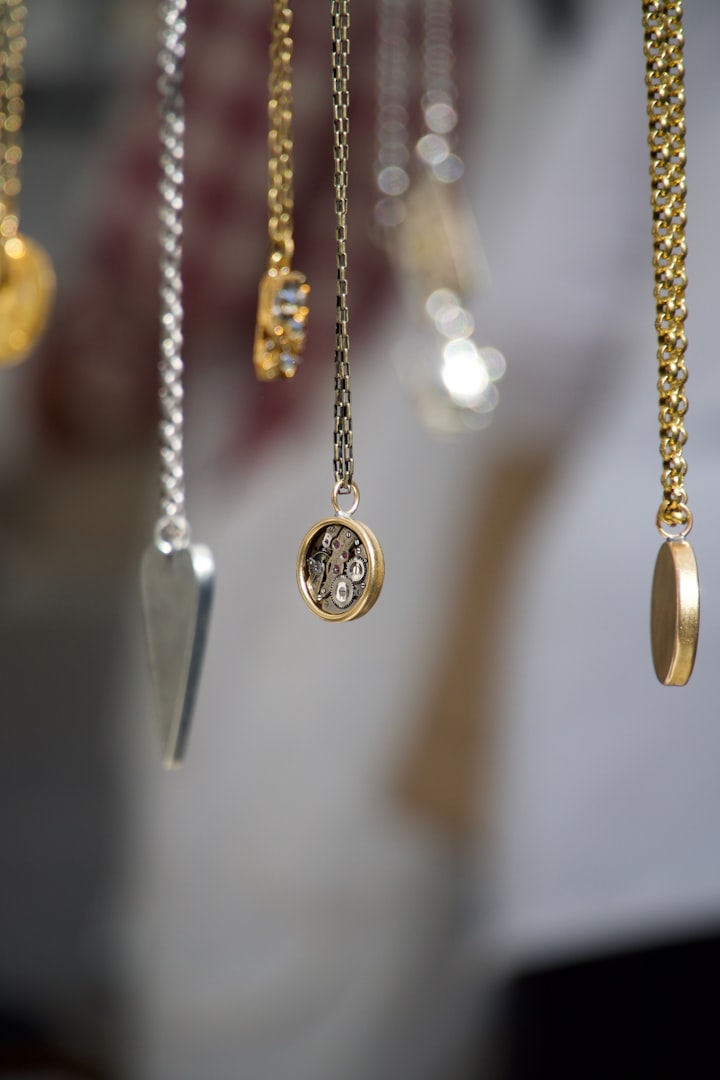
Introduction:
A shotgun wedding is a term used to describe a wedding that is arranged quickly and under pressure, often due to an unplanned pregnancy. The term is believed to have originated in the southern United States during the 19th century, where family honor was highly valued in poor and rural communities. It was seen as a shame for a woman to be pregnant out of wedlock, and the family would often pressure the father of the child to marry the mother to avoid any social disgrace. The use of the metaphor "at gunpoint" reflects the pressure and coercion that was often used in these communities to make the groom comply with the family's wishes and avoid any social disgrace. The term has been used in various forms of literature, movies and TV series, often as a plot device to add tension or comedic elements to a story. However, in modern societies, the cultural significance of shotgun weddings has diminished, as societal attitudes towards premarital sex and single parenthood have become more accepting.
1)The origins of the term "shotgun wedding":
The term "shotgun wedding" is believed to have originated in the southern United States during the 19th century. It refers to a wedding that is arranged quickly, often under pressure or coercion, usually because the bride is pregnant. The term is thought to come from the phrase "being forced to the altar at gunpoint," as the phrase implies that the groom is being forced to marry the bride due to her pregnancy. The origins of the phrase are uncertain, but it is believed that it originated among poor and rural communities where family honor was highly valued. In these communities, it was seen as a shame for a woman to be pregnant out of wedlock, and the family would often pressure the father of the child to marry the mother to avoid any social disgrace.
2)The Southern United States and the shotgun wedding's origin:
The southern United States, particularly rural areas, is where the term "shotgun wedding" is believed to have originated. The term is thought to come from the phrase "being forced to the altar at gunpoint," which implies that the groom is being forced to marry the bride due to her pregnancy. In the southern United States during the 19th century, family honor was highly valued in poor and rural communities. It was seen as a shame for a woman to be pregnant out of wedlock, and the family would often pressure the father of the child to marry the mother to avoid any social disgrace. The use of the metaphor "at gunpoint" reflects the pressure and coercion that was often used in these communities to make the groom comply with the family's wishes and avoid any social disgrace.
3)The cultural significance of shotgun weddings:
Shotgun weddings have been a part of many cultures throughout history, and their significance varies depending on the society and region. In many traditional cultures, the concept of family honor and reputation is highly valued, and a shotgun wedding is seen as a way to salvage that honor in the case of an unplanned pregnancy. In some cultures, shotgun weddings are also seen as a way to provide financial and emotional support for the mother and child, especially in cases where the father is not present or unwilling to provide support. In some societies, shotgun weddings are viewed as a way to prevent the shame and social ostracization of being pregnant out of wedlock. However, in modern societies, the cultural significance of shotgun weddings has diminished, as societal attitudes towards premarital sex and single parenthood have become more accepting. It should be also noted that shotgun weddings can have negative consequences, both for the couple and the child, as they may not be ready or willing to get married and this can cause emotional and psychological problems.
4)The pressure and coercion involved in shotgun weddings:
The pressure and coercion involved in shotgun weddings are a central aspect of the term's origins and significance. The pressure can come from a variety of sources, including family members, community leaders, or religious figures. In some cases, the pressure to marry is based on societal expectations and the desire to avoid shame or social ostracization. In other cases, the pressure is more direct, such as threats of physical harm or financial ruin. The pressure to marry can also come from the bride-to-be, who may feel that marriage is the only viable option for her and her unborn child. The coercion can take many forms, including emotional manipulation, verbal or physical abuse, or financial pressure. The pressure and coercion can also put a strain on the relationship and make it difficult for the couple to have a healthy and happy marriage. It is important to note that in some cases, the couple may not have an option to refuse the pressure and coercion and the shotgun wedding is the only way for them to avoid harm. In any case, it's crucial to remember that a shotgun wedding should not be a forced decision, and the couple should have the freedom to make their own choice.
5)The way the term used in literature, movies and TV series:
The term "shotgun wedding" has been used in various forms of literature, movies and TV series, often as a plot device to add tension or comedic elements to a story. In literature, the term is often used to describe a wedding that is arranged quickly and under pressure, often due to an unplanned pregnancy. \In movies and TV series, the term is often used as a way to add a sense of urgency or drama to a story. The theme of shotgun weddings is often used in romantic comedies, as it adds a sense of conflict and tension to the story. The term is also used in dramas and crime-related movies, showing the consequences of the pressure and coercion involved in shotgun weddings. The term is also used in historical films and TV series, to reflect the societal norms of the past where family honor was highly valued and shotgun weddings were used as a way to salvage that honor. The term has been a part of the pop culture and people use it in a figurative way to refer to any situation that is arranged quickly and under pressure. It is important to note that in these forms of media, the term should not be taken as a literal meaning, and the portrayal of shotgun weddings can be different from reality.
Conclusion:
In conclusion, the term "shotgun wedding" is a term used to describe a wedding that is arranged quickly and under pressure, often due to an unplanned pregnancy. The origins of the term can be traced back to the southern United States during the 19th century, where family honor was highly valued in poor and rural communities. The pressure and coercion that was often used in these communities to make the groom comply with the family's wishes and avoid any social disgrace is reflected in the term. The cultural significance of shotgun weddings has varied throughout history and across different cultures, but in recent times it's not as common as it used to be. The pressure and coercion involved in shotgun weddings can have negative consequences, both for the couple and the child. It's important to remember that a shotgun wedding should not be a forced decision, and the couple should have the freedom to make their own choice. The term has been used in various forms of literature, movies and TV series, often as a plot device to add tension or comedic elements to a story but it should not be taken as a literal meaning, and the portrayal of shotgun weddings can be different from reality. It's crucial to understand that the term "shotgun wedding" refers to a specific historical context and the societal norms of the past, and it should not be used to judge or stereotype modern couples who may find themselves in similar situations.





Comments
There are no comments for this story
Be the first to respond and start the conversation.